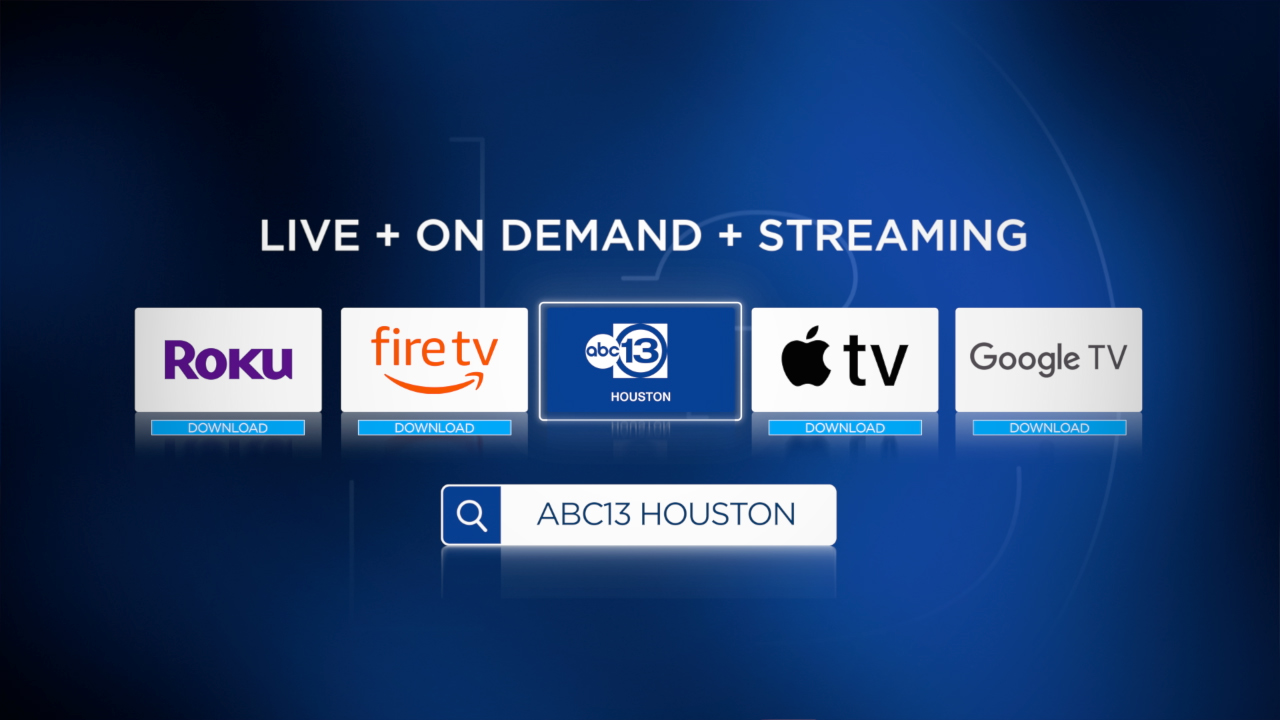ABC13 town hall highlights mail-in ballot issues ahead of Texas primary election
HOUSTON, Texas (KTRK) -- For thousands of Texas voters, the chance to make their voices heard during the primary election is getting harder this year.
Voting rights advocates say changes made by the Texas Legislature in Senate Bill 1 has created a ripple effect at the polls, leading to rejected mail-in ballot applications and the potential for voter intimidation through its expanded poll watcher program.
Thursday, Eyewitness News anchors Melanie Lawson and Tom Abrahams hosted an Action 13 town hall addressing SB1's impact, with panelists including:
- State Sen. Paul Bettencourt, District 7
- Dr. Annie Benifield, League of Women Voters Houston
- Cesar Espinosa, FIEL Houston
- Court Koenning, political strategist
- Bishop James Dixon, NAACP Houston
- Mark Jones, Rice University Baker Institute for Public Policy
Republican legislators said the law was meant to address allegations of voter fraud. The Texas secretary of state's office has found little evidence the issue exists, but data shows the changes are making an impact in the March 1 primary.
Officials in Harris County report 47% of mail-in ballot applications have been rejected for all reasons in 2022, compared to just 7% in 2018.
FIND YOUR POLLING LOCATION: Harris Co. | Fort Bend Co. | Montgomery Co.
While some rejected applicants forgot to write their state ID or driver's license number on the envelope, as now required by law, a majority forgot to select a political party in the primary.
Only specific groups of Texans are qualified to vote by mail, including residents 65 years and older, people with disabilities, pregnant women nearing their due dates, people who are out of town during early voting and on Election Day, and people who are incarcerated but still eligible to vote.
Espinosa, executive director of the immigrant-led civil rights organization FIEL Houston, said he believes the law is doing exactly as designed.
"Some people are very mean spirited when it comes to crafting policies and laws to keep people oppressed, specifically people of color, from accessing the polls," Espinosa said. "The damage has been done. We fear that this is not only going to have a negative impact on this election, but in further elections to come."
But Republican voters could be more heavily impacted as a result of the new law.
"The rejection rate in the Republican Party primary is 4.2% on applications," Sen. Bettencourt said. "The rejection rate in the Democrat Party is 2.7%, so if there's some type of giant conspiracy, here it's actually projecting slightly more (rejections for Republican voters)."
While Jones said there has been a lot of confusion around the new rules, he expects to see a drop off in mail-in ballot rejections in future elections as awareness grows.
"Turnout in primaries is always low in Texas," he said. "There's really no evidence that we have a significant decrease in turnout. That doesn't mean that there aren't some individuals who will not be voting and whose vote won't be counted because of the law, but it's not affecting the overall outcome of the election."
ELECTION RESOURCES
- League of Women Voters Houston's Voters Guide
- Texas Civil Rights Project Election Protection Line: 1-866-OUR-VOTE












